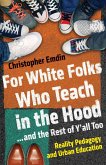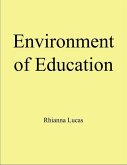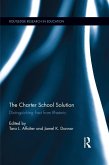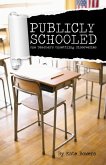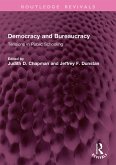School Is a Joke: Ethnography of Inner City Public School Students' Perception and Sensemaking of School and Schooling explored minority and low-SES inner-city high school students' perception and sense-making of school, schooling, learning, academic behaviors, and academic achievement through an integrated theory of human development, learning, and achievement. The author sought an understanding of the reason behind the persistent academic failure of inner-city minority and low-SES high school students, as well as the academic achievement gap within and between this subgroup of students. Conducted in a high-poverty, high-minority comprehensive inner-city high school in the south of the United States of America, the aim of the study was threefold. First, the author explored the factors operating in high school students' thoughts, feelings, actions, and reactions to school and academic achievement. Second, she examined the mechanisms by which these factors operate. Third, she utilized an integrated humanistic paradigm in analyzing student learning and academic behavior, the interaction between student characteristics and school processes, and the school culture that emerged from the interaction. The integrated framework for the study comprised of Bronfenbrenner's bioecological model of human development, Bandura's sociocoginity theory of learning, and Bourdieu's concept of habitus. The study's findings have implication for student learning, academic behavior, and academic achievement; school organization and functioning, as well as administrative behavior and school culture.
Dieser Download kann aus rechtlichen Gründen nur mit Rechnungsadresse in A, D ausgeliefert werden.



